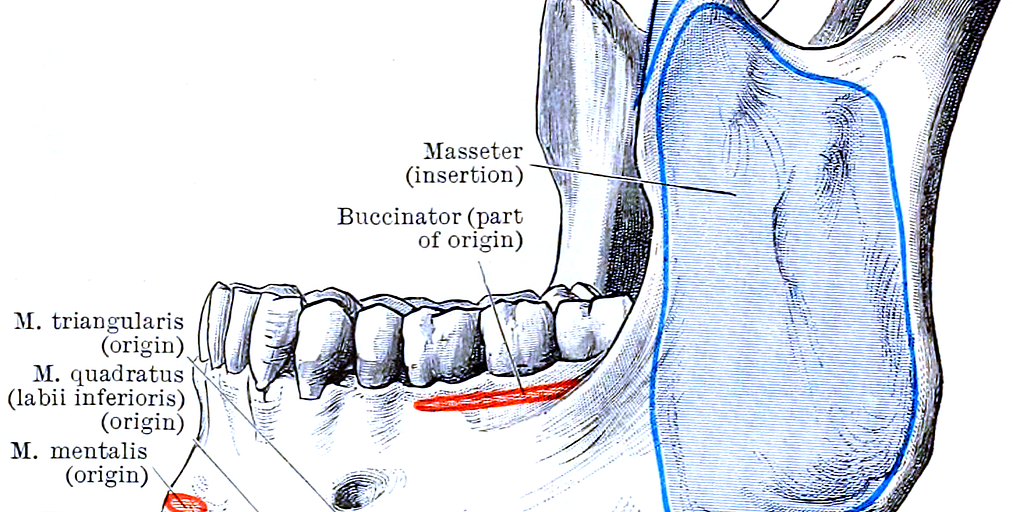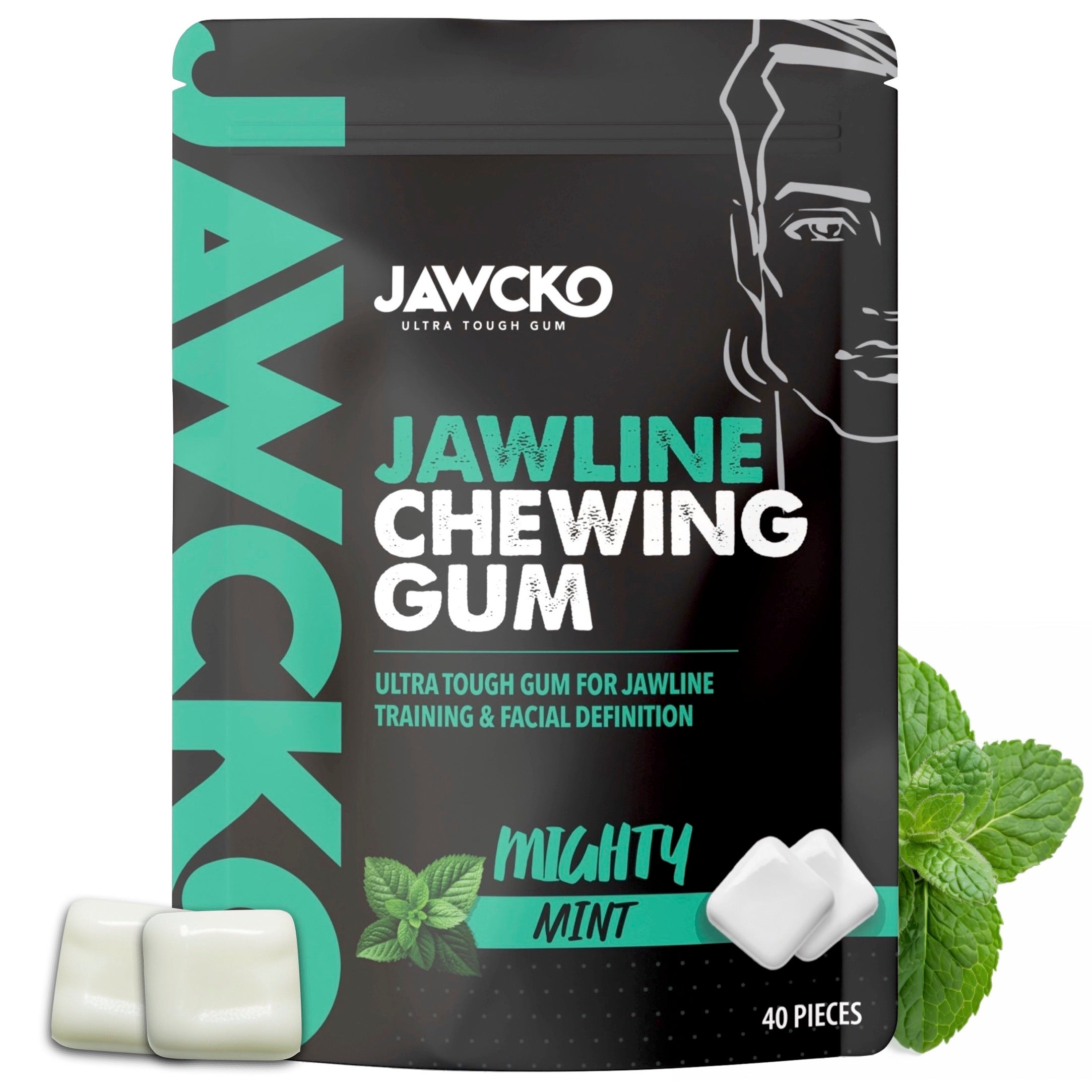The Surprising Health Benefits of Chewing Gum
Chewing gum is often viewed as a simple habit or a tool for freshening breath. However, recent research has revealed that it may offer a range of health benefits. This paper explores the surprising advantages of chewing gum, including its effects on oral health, cognitive function, stress reduction, weight management and shedding the light on how a simple chewing habit can have far-reaching effects on physical and mental health. By reviewing current studies and literature, we provide a comprehensive understanding of how this common activity can contribute to overall well-being.
Oral Health
One of the most well-documented benefits of chewing gum is its positive impact on oral health. Sugar-free gum, in particular, has been shown to stimulate saliva production, which plays a crucial role in neutralizing acids and washing away food particles. This increase in saliva helps reduce the risk of tooth decay and can even aid in remineralizing enamel. Additionally, chewing gum can help prevent bad breath by removing food particles and bacteria from the mouth.
Cognitive Function
Recent evidence shows that chewing gum can boost attention, well-being, and work performance. Four studies explored these effects, with findings indicating that gum enhances alertness, especially during tasks. Chewing during the workday was linked to higher productivity and fewer cognitive issues. While the rate and force of chewing had limited effects on mood, chewing gum was associated with increased cortisol levels in the morning but did not affect heart rate. The research suggests that gum can help maintain alertness and improve worker performance.
Furthermore chewing gum has been linked to improvements in cognitive function, including enhanced memory, concentration, and reaction time. Studies suggest that the act of chewing increases blood flow to the brain, providing it with more oxygen and glucose, which are essential for cognitive performance. Furthermore, the rhythmic motion of chewing may stimulate areas of the brain associated with attention and memory, leading to better mental clarity and focus.
Consistent with an alerting effect of chewing gum under laboratory conditions, chewing gum during the workday has also been shown to enhance self-reported productivity both in university staff [16] and in university students [17], consistent with an improvement in sustained attention.
Stress Reduction
People who chew gum habitually report less stress [19, 20], and chewing gum has reduced anxiety [21] and reported stress [22] induced by an acute social stressor. The repetitive motion of chewing appears to have a calming effect on the nervous system, potentially lowering cortisol levels, the hormone associated with stress. This stress-relieving property of chewing gum can be particularly beneficial in high-pressure situations, such as exams or work deadlines.
In a nonclinical sample, chewing gum for two weeks can reduce feelings of stress, anxiety, and depression in university staff [16], as well as reducing stress in university students [17]. In summary, it would appear that there is clearer evidence for an ameliorating effect of gum on chronic stress compared to acute stress [1]
Weight Management
Chewing gum has also been proposed as a tool for weight management. By providing a low-calorie alternative to snacking, chewing gum can help curb appetite and reduce overall calorie intake. The physical act of chewing may also satisfy the desire to eat, making it easier for individuals to resist unhealthy snacks. Some studies have even suggested that chewing gum may increase energy expenditure, though the effects are modest.
Additional Benefits
Beyond these primary health benefits, chewing gum has been linked to various other positive effects. For example, some research suggests that chewing gum may help improve digestion by stimulating the production of digestive enzymes. It may also aid in quitting smoking by providing an oral substitute for the habit and reducing nicotine cravings.
The Future of Chewing Gum Benefits
The future of chewing gum, especially high-resistance jawline gum, is incredibly exciting as new research continues to unveil its wide range of benefits. No longer just a breath freshener, tough chewing gum is proving to be a game-changer for cognitive function, facial aesthetics, metabolism, and overall fitness. Studies suggest that chewing enhances focus, memory, and brain function while simultaneously activating and strengthening key jaw muscles, leading to a sharper, more defined jawline. Additionally, the act of chewing stimulates metabolism, aids digestion, and contributes to increased energy expenditure, making it a valuable tool in fitness and weight management. Psychologically, it reinforces discipline, mindfulness, and consistency—helping users stay connected to their self-improvement journey. As innovation continues to drive the industry forward, the next generation of jawline-enhancing gum will be optimized for maximum effectiveness, offering a simple yet powerful way to transform both your appearance and overall well-being with every chew.

Get yours today Might Mint Jawline Gum















